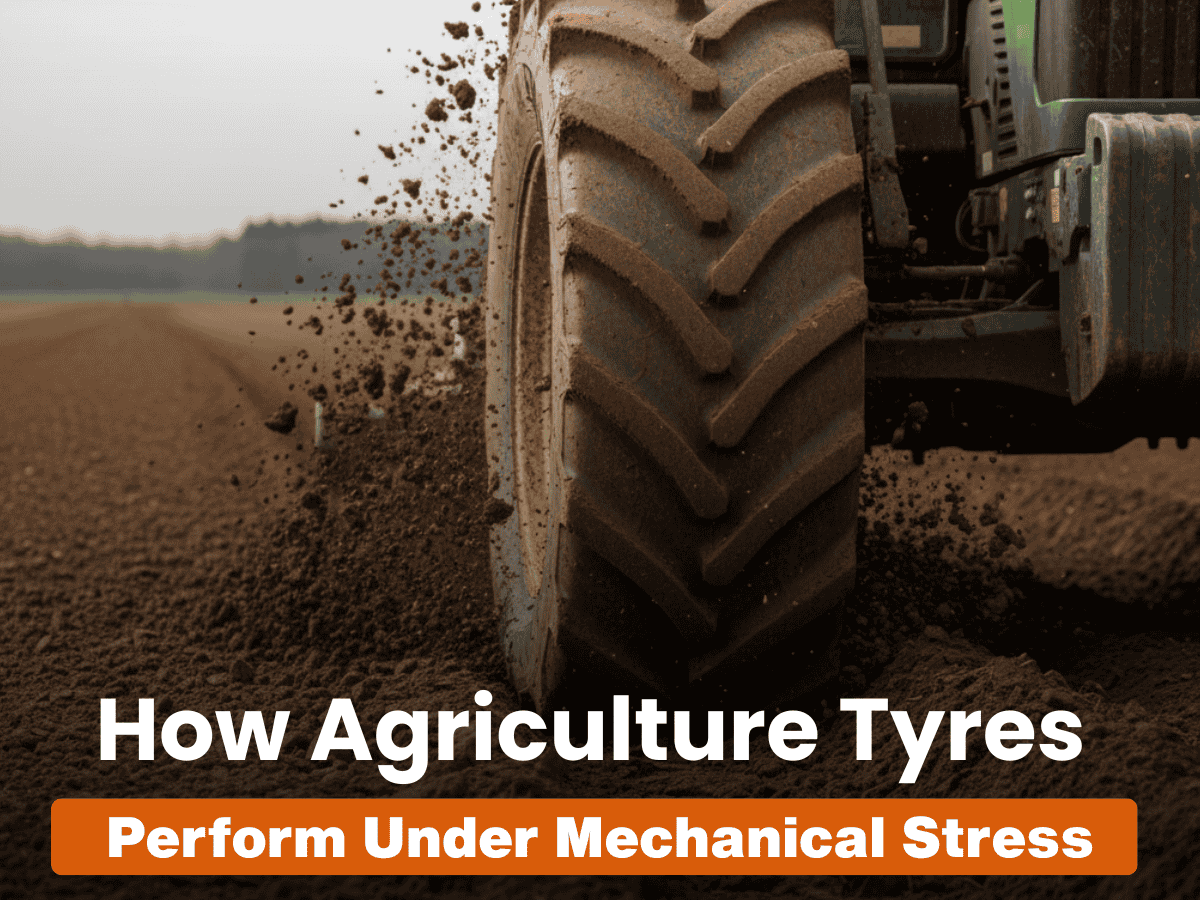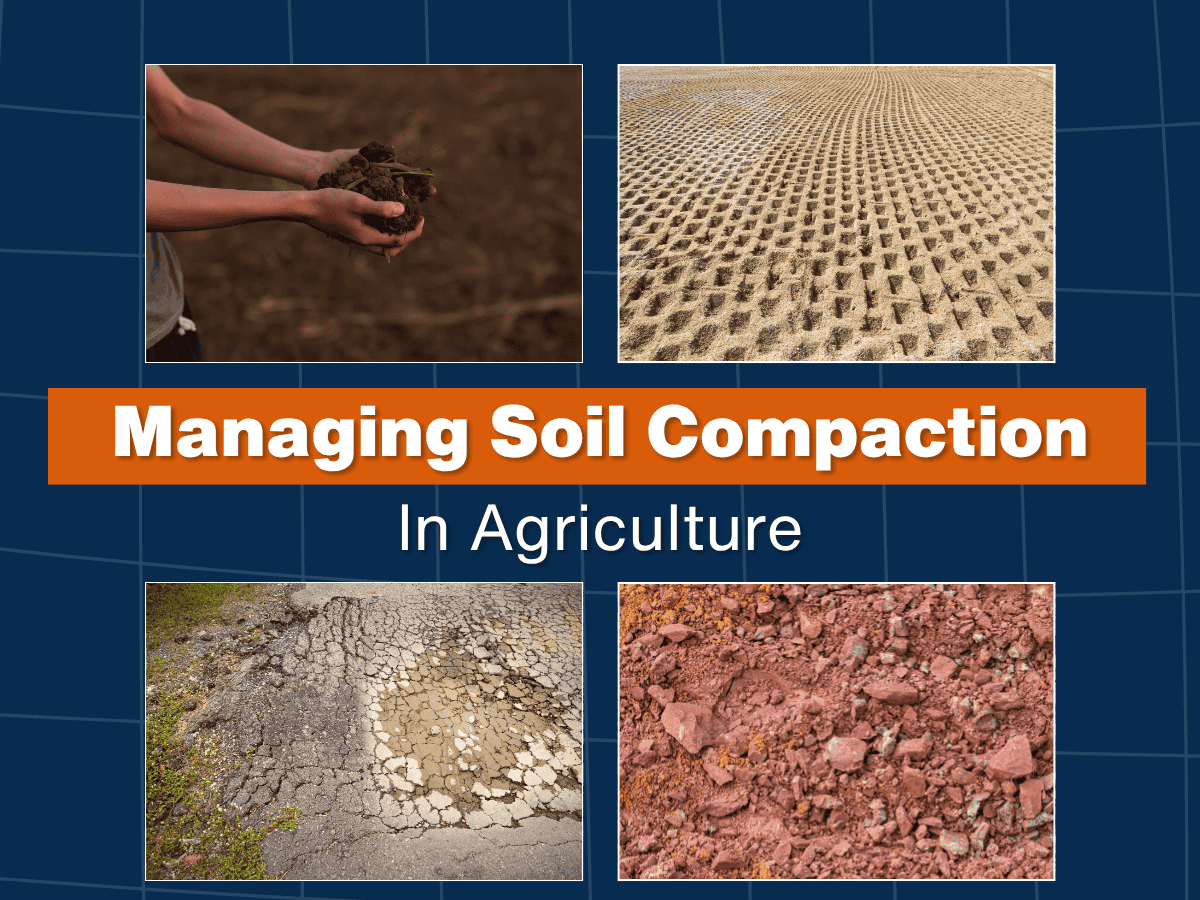ceat-speciality:blogs-tags/all,ceat-speciality:blogs-tags/agriculture
Integrated Weed Management in Corn: Why It Matters
Thu, 28 Aug 2025 | PRODUCTS
Weed control in corn is changing fast. With fewer chemical options and tougher regulations across the EU, farmers need smarter, more flexible strategies to protect their crops. In 2025, the answer lies in Integrated Weed Management (IWM). It is a balanced approach that combines smart farming practices, careful chemical use, and the right equipment, especially tyres.
2025 Corn Weed Control: Integrated, Adaptive, Tyre-Savvy
Corn farmers are facing new challenges:
- Fewer herbicides like S-metolachlor and terbuthylazine are allowed.
- Climate change is making invasive weeds like Cyperus esculentus harder to control.
- Herbicide resistance is growing, especially in barnyard grass.
To stay ahead, farmers must use a mix of tools and techniques—not just rely on one solution.
Key Shifts in 2025
1. Regulatory Pressure
EU rules are limiting the use of key herbicides. Farmers now need region-specific plans that follow local laws and still protect yields.
2. Climate Impact
Warmer weather and shifting seasons are helping aggressive weeds spread. Some species are harder to kill and need targeted treatments.
3. Herbicide Resistance
Overusing the same chemicals leads to resistance. Rotating herbicide types and combining them with other methods helps keep weeds under control.
Integrated Weed Management Essentials
Combine Treatments
Use pre-emergence herbicides before weeds sprout and post-emergence treatments after they appear. Tailor your plan to the types of weeds in your area.
Rotate Crops and Use Cover Crops
Changing crops each season and planting cover crops helps break weed cycles and improve soil health.
Use GPS-Guided Mechanical Weeding
Modern machines can weed between rows with high precision, reducing damage to corn plants and cutting down on chemical use.
Equipment Optimisation: Why Tyres Matter
CEAT Specialty tyres are designed to support modern weed control methods. Here’s how:
VF Tyres
Our Yieldmax VFlex tyres spread weight evenly and reduce soil compaction, great for protecting root zones during early growth.
Narrow, Reinforced Tyres
Perfect for late-stage spraying, our Spraymax tyres move through tall corn without damaging plants.
Puncture-Resistant Tyres
Ideal for rough terrain, our LIFTPRO tyres keep machines running smoothly even in debris-filled fields.
Agronomic + Mechanical Synergy
Smart planting and the right equipment work together to fight weeds naturally.
Smart Planting Strategies
Choosing corn hybrids that grow quickly and cover the ground early helps shade out weeds before they take hold.
Lightweight Precision Planters
These machines, fitted with CEAT Specialty tyres, protect soil structure and help seeds sprout faster—giving corn a head start over weeds.
Bottom Line
In 2025, successful corn weed control means thinking holistically. Farmers must:
- Follow changing regulations
- Use herbicides wisely
- Rotate crops
- Invest in precision equipment
- Choose the right tyres for every job
By combining agronomy, chemistry, and machinery, farmers can protect their crops and soil. Want help building your integrated weed management plan or choosing the right tyres for your farm? Get in touch with us.
❓ FAQs
What is Integrated Weed Management (IWM)?
IWM is a farming strategy that uses multiple methods—chemical, mechanical, and biological—to control weeds sustainably.
Why are herbicides like S-metolachlor being restricted?
EU regulations are tightening due to environmental concerns and residue risks. Farmers must now find safer, more targeted alternatives.
How does crop rotation help with weed control?
Rotating crops disrupts weed life cycles, making it harder for them to adapt and spread.
What equipment is best for mechanical weeding?
GPS-guided row cultivators mounted on tractors with high-traction tyres offer precise weeding with minimal crop damage.
Why are CEAT Specialty tyres good for weed management?
CEAT Specialty tyres are built for low soil impact, high traction, and durability—making them ideal for spraying, planting, and mechanical weeding.

























